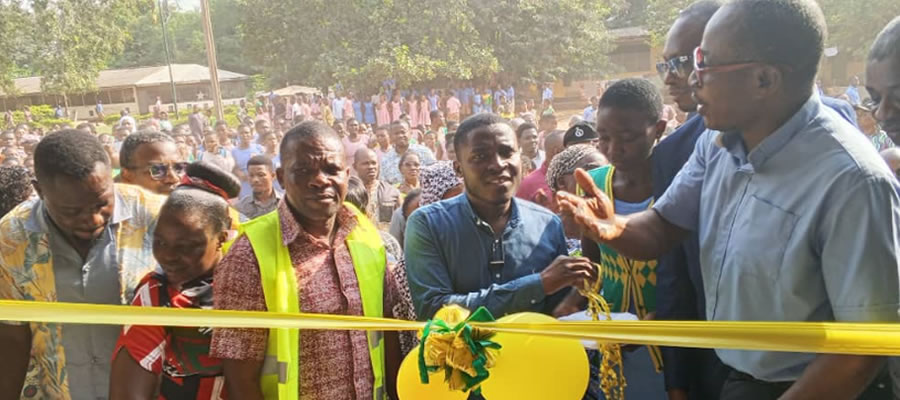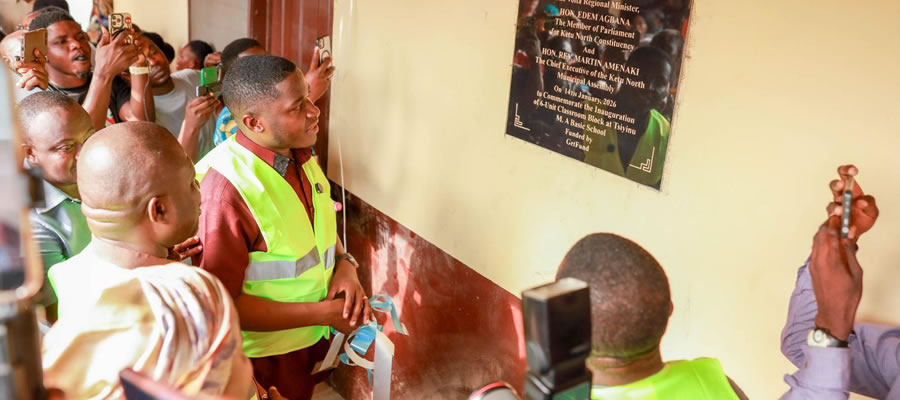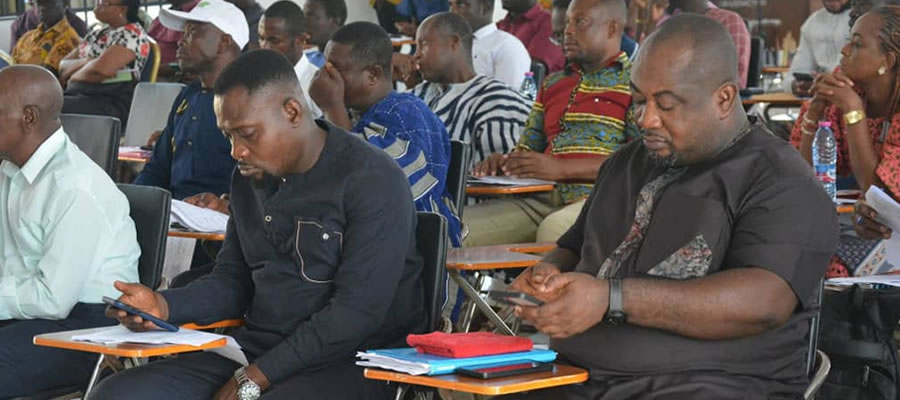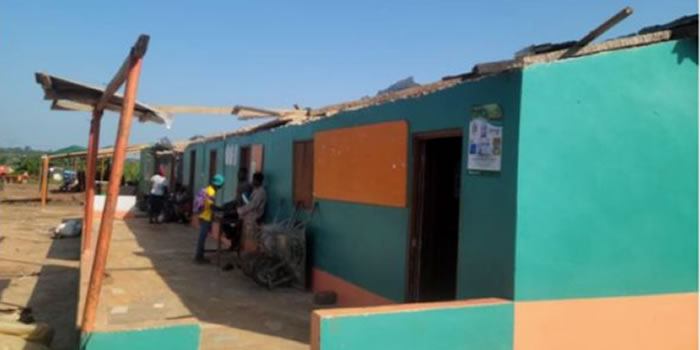

Water Assessment
Potable water supply in the District mainly consists of pipe borne water, boreholes and mechanized wells. Currently, the entire Dzodze, Penyi, Ehi and Afife communities are served with pipe borne water from mechanized boreholes. A critical look at potable water situation in the District reveals that the current water facilities are highly inadequate. Only a little over half (56.7%) of the population of the District is currently served with potable water.
However, a closer look at the needs assessment indicate that about 42,681 are not served with potable water, thereby resorting to unhealthy sources such as rivers and streams which could have serious repercussions on their health considering the current upsurge of river blindness, guinea worm and others.
Currently, out of the 248 boreholes in the District, only 130 boreholes are functional in addition to one mechanized borehole. However, a long term measure is needed to solve water needs of the Weter and its surrounding communities.
The projection revealed that 153 boreholes are required to satisfactorily satisfy the thirst of the 106,215 population of the District through 2013. This was based on the assumption that the backlog of a particular year will be catered for.
Sanitary Facilities Needs Assessment
With regard to toilet facilities in the District, there are fifty-five (55) public KVIPs. However, taken the population into consideration, there is a vast backlog of latrines required to serve the population. Despite the appreciable improvement in the number of household and institutional latrines, there is the need to increase the supply of the latrines especially in the urban areas such as Dzodze, Penyi, Weta and Afife to mention a few.
Assessment of Public Sanitary Facilities Assessment (KVIP+VIP) of the District above shows that the District needs 145 No. 10-Seater KVIPs to effectively contain the sanitary needs of the people in the District in the next four years. However, it is hoped that the present requirement for acquisition of Building permit, which insists on the provision of toilet facilities in building plans before approval can boost the sanitation coverage of the District. Emphasis on sanitation infrastructure will be placed on institutional KVIPs.
Date Created : 11/20/2017 7:36:18 AM












 facebook
facebook
 X
X
 Youtube
Youtube
 instagram
instagram
 +233 593 831 280
+233 593 831 280 0800 430 430
0800 430 430 GPS: GE-231-4383
GPS: GE-231-4383 info@ghanadistricts.com
info@ghanadistricts.com Box GP1044, Accra, Ghana
Box GP1044, Accra, Ghana